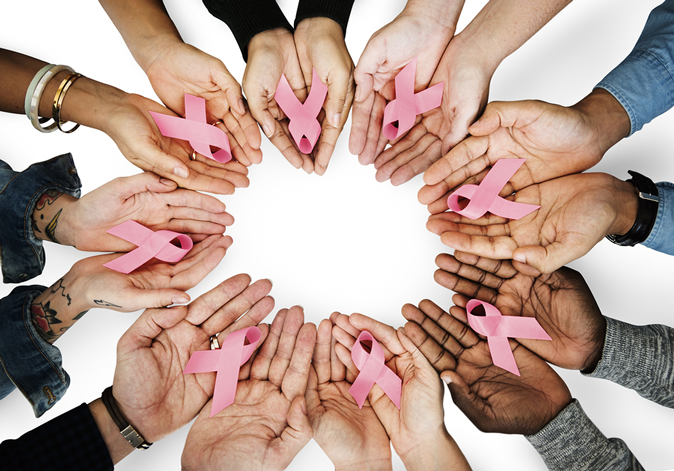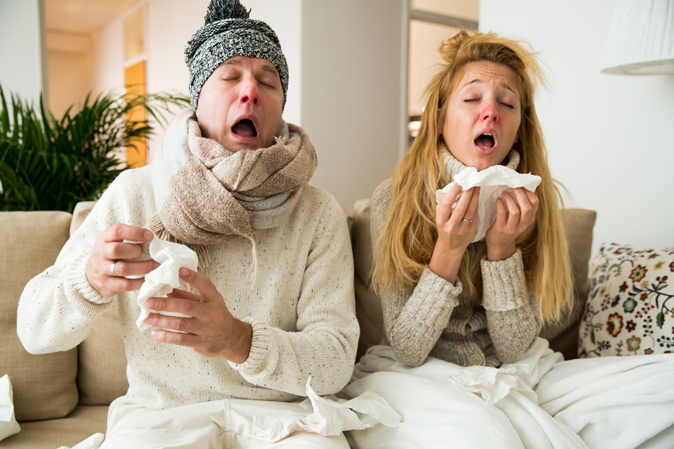Testicular cancer is the most common cancer in Irish men aged between 15 and 34 years old. Fortunately, it is highly curable, as it is one of the easiest cancers to treat.
Symptoms
Most of these symptoms can be caused by something other than testicular cancer, but it’s still a good idea to get them checked out. The most common symptoms of testicular cancer include:
- A lump or swelling in a testicle (not painful)
- Pain in a testicle or scrotum
- An enlarged testicle
- A heavy feeling in the scrotum
The following symptoms may present themselves if the cancer has spread:
- Dull ache in the groin, abdomen or back
- Shortness of breath
- Tenderness in the breast
- Pains in the stomach
- A lump in the side of your neck (not painful)

How to check your testicles
Just after a shower is the best time to check your testes. It’s simple to do, it only takes a couple of minutes, and it could save your life.
What to do:
Check your testicles one at a time.
With both hands, hold between your fingers and thumbs and gently roll around. The more you do this (every month is recommended), the more you’ll become familiar with what’s normal for you and what isn’t.
Each testicle has a soft tube called the epididymis that may feel like a small bump on the middle or upper outside of the testes. This is normal, so don’t panic if you feel it.
If you notice an abnormal lump, swelling, or changes in size and consistency, visit your local GP straightaway.

Is testicular cancer preventable?
No, but there are certain risk factors that may increase your chances of getting the disease. These include the following:
- If you’ve had testicular cancer in the past
- An undescended testicle
- A family member, such as your brother or father, had it
- Fertility issues
- Klinefelter´s syndrome (a rare sex chromosome disorder)
Treatment
There are two types of testicular cancer – seminoma or non-seminoma. The below treatments are used to treat both.
- Surgery to remove the tumour
- Radiotherapy to destroy cancer cells
- Chemotherapy to cure or control your cancer
Remember, testicular cancer is highly treatable, and the earlier it’s detected, the earlier you can begin treating it.
For more information on testicular cancer, visit the Irish Cancer Society website - www.cancer.ie
If you have any symptoms or concerns, remember you can always speak to a Webdoctor GP today.




